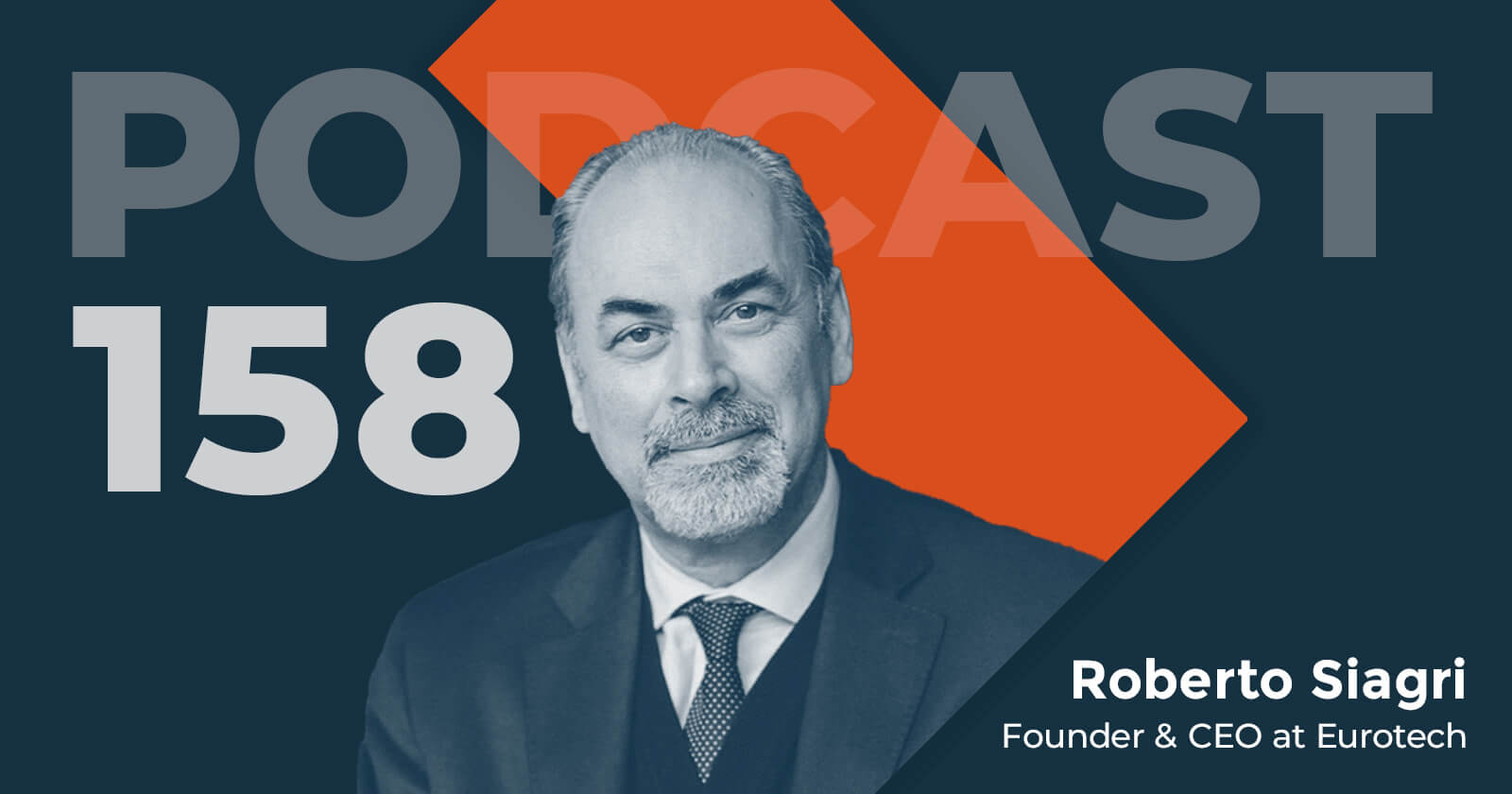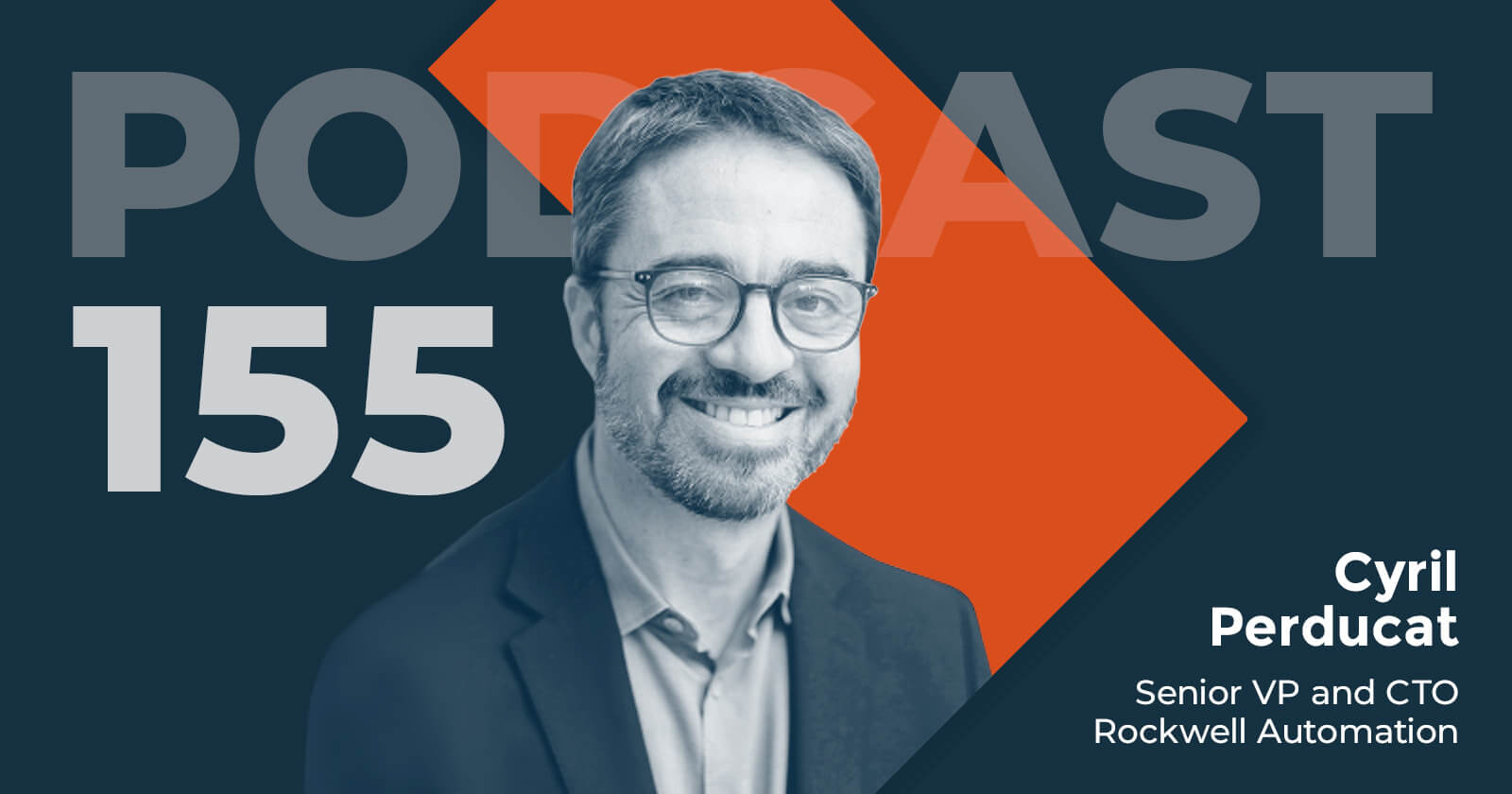Why You Need Your Team Behind Your Digital Transformation Strategy: Q&A with Cloud Foundry
Momenta

You need to understand how your cloud implementation, as part of your overall digital transformation journey, impacts your team. How you unlock their contribution to your institutional memory and intelligence by leveraging these new technologies will define the success of your digitalization projects.
Here is the rest of our conversation with the Cloud Foundry Foundation’s Executive Director, Abby Kearns, and their CTO, Chip Childers, at their recent users’ summit in Philadelphia.
Have a look at Part 1 if you’d like to get caught up.
I look at the space around real-time analytics or what people consider to be real-time, you’re talking about that transformation where maybe they get that data every hour, or daily, and they’ve realized, ‘Okay, well now I can get it every 15 minutes’, or every five minutes, or every minute; I understand the basic logic pathway of getting that information and gleaning the insights, and effectively what I’m saying is I glean more, faster, and I’ll get a whole separate derivative from doing that faster.
That’s a lot of what we see in industrial IoT, but then there’s the people like FICO who then can say, “Okay, we’ve had a look back on the portfolio of credit risk, and now I can say, men between the ages of 25 and 45 in Indianapolis there’s a greater decay of that portfolio.” Why? And we could figure it out because we have our monthly, quarterly, weekly, daily, whatever look back.
What if I could see that in real-time – where the case of doing that analysis in real-time wasn’t even conceived of before. I think that plays into the point that you’re saying about “I’m going to fire 10,000 people who do this old task that I don’t need anymore, then I’m going to hire 10,000 people who are going to do this new task.” Or maybe a thousand new hires and that’s what makes me “happy” because my overhead goes down, but then are you missing out on a bigger opportunity because there’s a whole other dimension of…
Abby: Exactly, we’ve spent the last five years talking about big data, but we’re only at the point where we can make use of that data through AI, where you’re doing improvements to BPO or logistics, or supply chain management, or real time people management, but you have access to that data, but you have to be able to do something with it. AI will get you there, but you also need to figure out how to execute on that data, operationalize that data that you get out, and then also constantly evolve.
That may say, to your FICO story, “This is a good opportunity for us to if not pivot our business, definitely expand the portfolio of things that we offer to our customers, and the way that we view our business. We’re going to rethink that, and we’re going to redeploy people into this new arm.”
You’re starting to see that cropping up in a lot of interesting businesses that are getting out into new areas. I think a lot of these technologies are going to enable even more at a faster rate, which is why I really come back to that soapbox of reskilling upskilling, because these are the people that know your business, these are the people that have been there, and they’re going to help you get to that new place.
That’s the point, there is an institutional knowledge when we talk about culture able to pivot to be able to do this, there’s real business value in that institutional knowledge.
Abby: For sure, you know the business inside and out. I’ve been in tech 20 years so I don’t want to downplay my entire industry, but I feel like a lot of the fundamentals of technology you can pretty much learn in a boot-camp. But if someone’s got 20 years of knowledge about how your business works, and why it works that way, isn’t that much more interesting and useful for the longevity of your business, to then apply a digitization effort to that? As opposed to the inverse hiring a 20-year technologist, and then spending the next six weeks teaching him about your business?
Particularly in the industrial, with some “older-line” industries -- mining, energy --where you have an aging workforce that every day is the knowledge of your company and your industry is walking out the door into retirement. And frankly, it’s the group that looks over at the whole digital transformation discussion and thinks, “Oh, you know what? it’s a good time to retire,” which I think is going to be a continuing real problem.
Abby: I do, not just in those industries, I heard other industries like, “Yeah, I’m retiring in 3 years, I’ve just got to get to this point because I am not interested in learning,” and that’s fine, I’m not saying everyone has to rethink the way that they think about their job and are able to, or even willing to do that. But I think we also have to give a lot of people the opportunity to do that, to participate.
Chip: To a certain extent, in a micro sense, we’ve seen that in the IT departments, back in the initial virtualization wave, there was the network switch admin, and that’s what they did, and there was the server admin, and that’s what they did, and then all of a sudden, oh my gosh, it’s like the same tool that can do both! I personally know people, they thought that was crazy. This is a micro-version of it, and I think we’re now seeing some of that same impact of software centricity, changing your day job, you could truly think of the person responsible for managing a network switch only, that’s their skillset.
It’s almost like pre-software world in a lot of ways, and there were people that frankly they were left behind, and they had to do a different transition in their life, and those that decided to make the transition and say, “Hey, virtualization’s okay by the way. I can’t stop it, and it seems like I should get along with the server admins and figure this thing out.” All of a sudden, they became part of a much more productive team. Again, it’s a micro example just within IT departments, but now most of our economy’s going through that, and that’s going to be interesting.
One more thing from your survey which I thought was an interesting stat: the geographic focus. European leadership teams, then North American, and then Asian seem to feel the heat of trying to pull off a digital transformation soon, to start thinking about what they’re going to do next, plot next on their digital transformation journey. What does that geographic say about “the state of digital transformation?”
Abby: The geographies have changed dramatically over the last four years. Four years ago, digital transformation really became a thing in North America, it’s when we really started talking about the phrase. Then Europe followed about a year or two after that, we saw a lot of the companies in Europe starting with these efforts, we saw the automotive, we saw the Siemens, we saw a lot of companies in Europe say, “Oh, actually, this is now us.”
Then last year we saw this starting to hit parts of Asia, and Asia is a lot bigger and more broadly distributed than the other two geographies. So, specifically I’m thinking of China; digital transformation just started hitting China last year, and it’s really only just slowly starting to pick up, which seems weird considering how fast they’re moving on their technology side.
Chip: That’s the interesting thing, it’s bursting with the tech.
Abby: It’s a juxtaposition of initiatives, right? You have the startup and the emerging tech scene particularly around AR, just off the charts and going really quickly, but you also have these larger enterprises that have been in business for years that are also struggling to figure out how to digitize. They’re two very different markets that are happening within China. And then you’re starting to see something similar start in Korea, and India is now starting to have those conversations.
What you don’t see in that report right now is Latin America, because it hasn’t really started in Latin America yet. So, the waves are hitting geographies very differently and their approach is similar, but a little different. Even though China is lagging North America and Europe, I do think it will quickly pick up and make the shift, but it’s just hard. There’s so much wrapped up with this, not just within the company, but also the culture and the country that you’re in, or the region you’re in, that initiative is a really difficult change to make, and I’m very empathetic of the leaders of these companies on how to navigate that, and still keep their business going at the same time.
Chip: To me, the interesting thing is to be able to see the behavior of the companies in these different geographies, and different points in time along the wave. For example, there was a while in the North American market where everybody was just piling on the technology solutions, and frankly if I look back at the macro in the trends, I think it was piling into cloud, because it was at a time that like, “We’ll free developers by giving them virtual machines,” and “Now we’re going to free them with the next thing,” and nobody was talking about that cultural change.
I think the same thing happened in Europe; they’ve flipped and they’re starting to deal with the cultural change. Then I think in the Chinese market, yes there’s always two markets -- there’s [big enterprise and] the start-ups, very similar to North America with Silicon Valley --and in China they’re going through the transformation phase where they’re doing a lot of technology value, and at some point there’ll be the beginning of the change where now all of a sudden it’s about people, and process, and rethinking the way that we operate as organizations.
To me, it’s interesting, it’s not just the adoption curve and where they are along, and how the waves are intersecting. It’s fascinating.
Last question, and this one’s a little bit more fun. I’ve had this discussion around other technologies, about how every technology goes through a hype cycle of some kind. What you guys look at in these kinds of deployments, let’s set a timeline of 1995 -- let’s say the Netscape’s IPO -- to 2001 where we were saying “ Wow, this Internet this was the stupidest thing we’ve ever done with trillions of dollars.” In your estimations, what year are we in right now in cloud?
Abby: I don’t know! That’s a hard one for me because when I think about early 2000, I was working on a lot of e-commerce sites then. I worked on e-commerce sites for large companies, and you saw the lights click on when people realized, “Oh, this website can make me money, like real money,” or, “It can change my workflow,” or, “It changes my need for customer service reps that previously answered the phone to handle something,” and you saw that light come on.
Because before then, the website was basically a marketing presence, and I feel that we’re in that same realm where people are saying “IT is a strategic initiative for me, it’s not this thing that I have to pour money into because I have to,” Actually it can drive revenue, and it can drive business, and it’s part of my core business now.
And so, I feel like we’re in a very similar time, it’s when people realize that websites could be a productive part of your business.
Chip: I guess what I would say is that I don’t think either [cloud or digital transformation] is something that is going through a hype cycle. I think there are a lot of hype cycles that we deal with all the time; containers, serverless technologies are going through it, I think it’s AI/ML, all of a sudden VR and AR is back in the bucket for being hype cycle.
Abby: Let’s not forget blockchain.
Chip: And blockchain, we’re going to blockchain all the things.
Abby: And some 5G!
Chip: So, all of it.
We’re playing buzzword bingo here!
Chip:Those are the kind of the pieces that I think there’s a granularity that allows for hype cycles to exist. When you look through a longer lens, the rise of the Internet didn’t stop. What stopped, what crashed, when we all lived through that initial dotcom bubble bursting, was thoughtless allocation of capital. I was recently lamenting I don’t have my old Pets.com sock puppet thing that I still had in the box. I got rid of it two moves ago, I was very upset about that…
That might actually be worth a lot now if you still had it in the box!
Chip: Yeah, it’s probably worth something! But honestly the Internet wave, it connected us, and that’s a meta trend, that’s not something that’s hype cycle, so there are hype cycles that are caused inside of it based on people making bad choices.
I think the trend for compute capabilities to be accessible, we call that cloud, but accessible, more on-demand, more API-driven, allowing more flexibility in how it’s consumed, when it’s consumed, how it’s acquired, that is a very fundamental shift in how we think about compute capacity. Then I think the digital transformation is the necessary response that the enterprise, or large organization, has to have in the face of connectivity and compute resources on demand, and particularly -- just picking on the United States -- a culture that allows for startups to attempt things and nibble away at large companies.
So, there are meta trends, I don’t think they really go through hype cycles, I think we have made mistakes in capital allocation during that process sometimes, but individual technologies do go through hype cycles. I don’t think we are along any of those years when it pertains to these meta trends, because I don’t think the true purpose of the internet was really a hype cycle issue. I think having to have an e-commerce store for every single possible category of something, that was the hype cycle.
Fantastic. Thank you very much, Abby and Chip, it’s been a great event and thank you very much for your time on this.
Abby: Thank you for having us.
If you want to learn more about how to kick off your digital transformation journey, save your seat for our webinar “What’s Your Digital Game Plan? A Playbook for Success” and learn key challenges, issues and use cases from practitioners who have been through the process.





